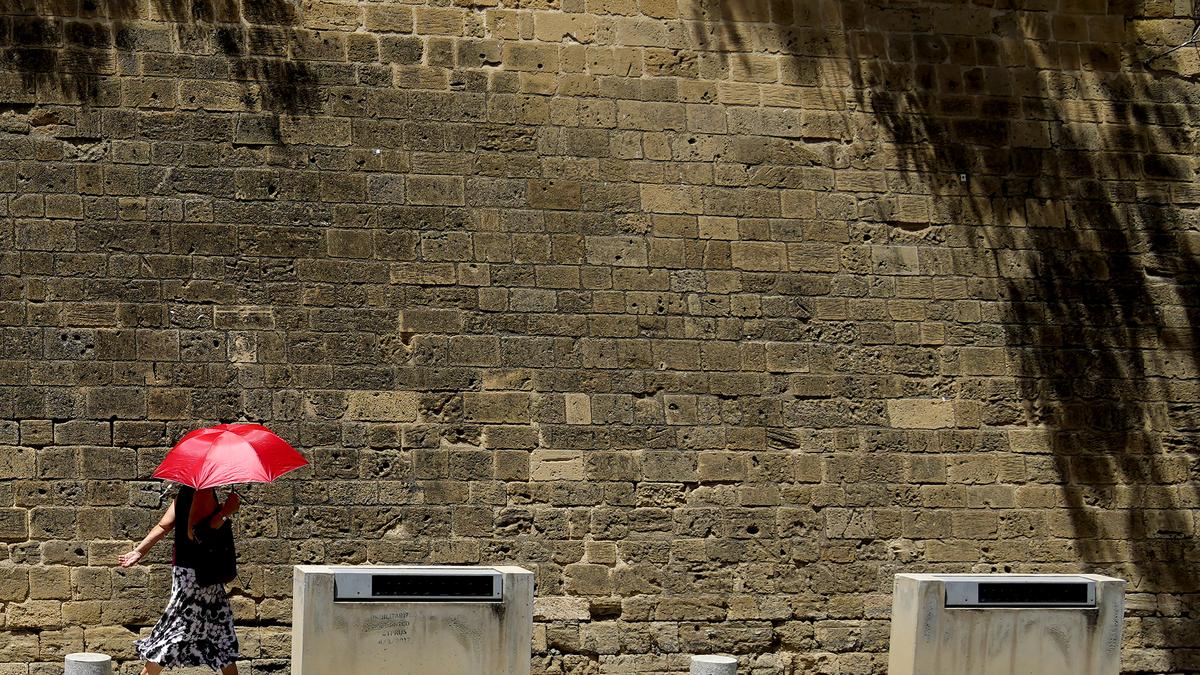Cities having higher ambient temperatures than rural surroundings (known as the urban heat island effect) could offset some of the negative effects of increased heat-related mortality by reducing the number of deaths associated with cold exposure in some global cities, according to a study in Nature Climate Change. These findings highlight the importance of developing region- and season-specific strategies to mitigate the urban heat island effect. The urban heat island effect contributes to an increase in human heat exposure and subsequent death globally during hotter seasons.
However, this phenomenon could also impact the rate of cold-related deaths in cooler conditions. This dual impact could vary across regions and seasons, but previous research has often focused on the effect at the local scale. In the context of climate change and rapid urbanisation, it is important to understand the broader impact of the urban heat island effect on both heat- and cold-related deaths for urban heat mitigation strategies.

Dr. Wenfeng Zhan from Nanjing University, Nanjing, China and others analysed multiple data sources, including remote sensing data and climate and socioeconomic factors (such as Gross Domestic Product), to establish mortality-temperature relationships across more than 3,000 cities worldwide. They found that the reduction in cold-related mortality under the urban heat island effect is 4.
4 times greater than the increase in heat-related mortality in 2018. The authors further observed that cities at high latitudes saw an even higher reduction — Moscow, for example, saw a reduction in cold-related deaths that was 11.5 times greater than those associated with heat.
The authors further analysed the role of increasing vegetation and the reflectivity of buildings (albedo), which are current strategies to mitigate the urban heat island effect. They found that these strategies could result in an increase in cold-related deaths that surpasses heat-related deaths globally depending on the magnitude of the intervention and the season in which it is implemented. The authors emphasise that their findings should not be interpreted as downplaying the negative health outcomes of the urban heat island effect but instead offer crucial insights into the specifics of its impact across seasons.
They further suggest that cities must take a seasonal approach to mitigating the urban heat island effect. Published - April 27, 2025 05:00 am IST Copy link Email Facebook Twitter Telegram LinkedIn WhatsApp Reddit.
Technology

Assessing temperature-related deaths in urban heat islands

In the context of climate change and rapid urbanisation, it is important to understand the broader impact of the urban heat island effect on both heat- and cold-related deaths for urban heat mitigation strategies















